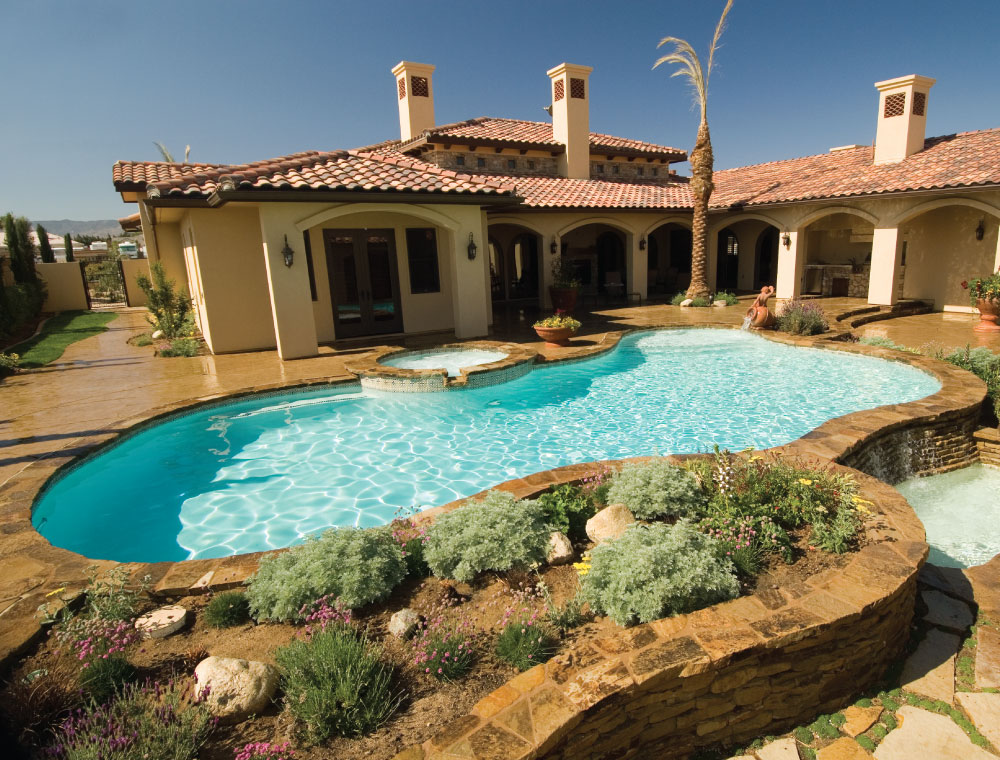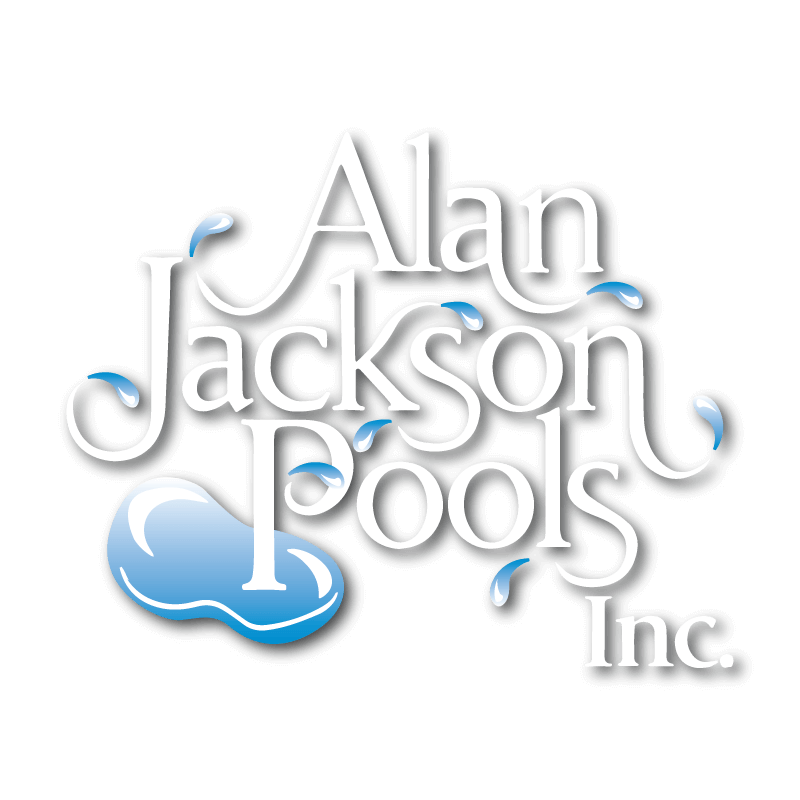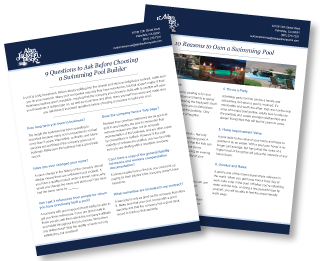
Installing an in-ground pool can be a great way to raise the value of your home while also giving yourself a fun place to spend time with family and friends. However, pool installation is a big job, and homeowners need to know how to plan and prepare to make the process as smooth and simple as possible. Here are three things to consider before installing an in-ground pool.
1. Yard Size, Shape, and Slope
Deciding where to install your pool is the first question mark. For smaller yards, your pool needs to fit inside your space without encroaching on your home or getting too close to the property lines. For yards with slopes, leveling may be necessary. This means builders may need to haul in dirt or build retaining walls to make your yard level, which can add to the overall cost.
Excavation machinery typically needs a clear path into and out of your yard. Trees or fences may be in the way, which can complicate the process. Work with a professional to plan out your pool so that it fits your yard and your needs.
2. Use Case
How do you plan on using your pool? If you have a young family, you’ll want to consider a pool with a shallow end and plenty of safety features (such as non-slip surfaces or a pool fence). If you simply want a place to relax and unwind, a smaller pool with a jacuzzi and a cascading waterfall may be more fitting.
Remember, your new pool is an investment that will be a part of your property for years to come. Plan for both present and future needs so that your pool will get plenty of use.
3. Upfront and Ongoing Costs
The cost of a pool is an important consideration. While you should make sure you can afford the initial cost, you shouldn’t forget about ongoing costs when you plan your budget. Some of these ongoing costs include:
- Chemicals and cleaning: Keeping your pool clean is an important part of getting the most use out of it. Make sure you consider these costs in your budget.
- Maintenance: Maintenance costs, such as refinishing the pool or replacing broken equipment, range widely depending on the type of pool you install and how often you need repairs.
- Utilities: Water pumps use electricity, and heated pools use even more. This will cause your utility bills to rise while the pool is in use.
Make sure you’ve budgeted for all the costs of pool installation, both immediate and ongoing.
Plan a Stellar Pool Installation Today
A pool can transform your property and give you and your family the perfect place to spend time—and by planning for these considerations, you’ll ensure that your new pool gets installed without a hitch. Contact us today to start planning your pool installation.


